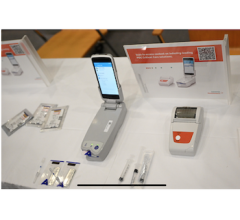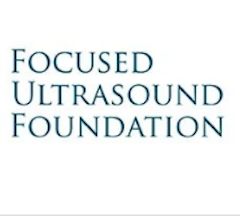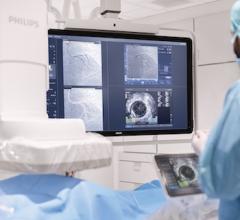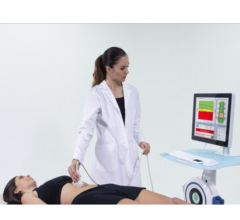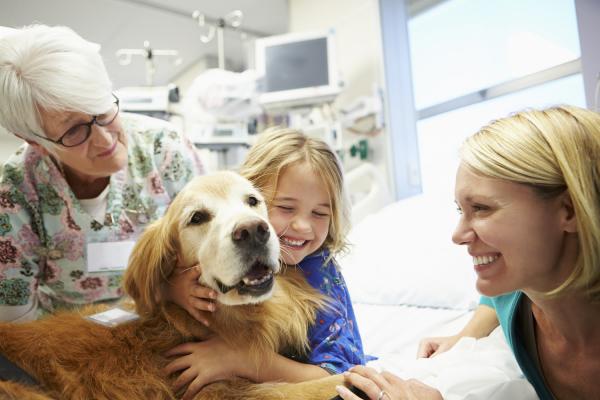
October 25, 2016 — The Human Animal Bond Research Initiative (HABRI) announced it has awarded a $44,000 grant to Duke University School of Medicine’s Division of Pediatric Cardiology for a new research study on the impact of therapy dogs on pediatric echocardiograms.
This study will examine the influence of animal-assisted therapy (AAT) on young children undergoing an echocardiogram. It is hypothesized that children will have a more complete and higher quality echocardiogram in the presence of therapy dogs. In addition, parents are expected to report higher visit satisfaction scores and greater exam comfort for their children.
“Echocardiography is an effective way to use ultrasound to ‘see’ inside the heart, and while taking the pictures is non-invasive, it can still be a scary procedure for young children,” said the study’s principal investigator, Piers C.A. Barker, M.D., Division of Pediatric Cardiology, Duke University School of Medicine. “Typically, we must sedate children who have trouble holding still so that we can get adequate pictures. This study aims to evaluate whether animal-assisted therapy could serve as an effective alternative technique to comfort the children and put them at ease, potentially resulting in more complete echocardiograms, higher quality images and avoidance of sedation drugs.”
“We know from previous scientific research that animal-assisted therapy is effective in alleviating anxiety in hospital patients,” said co-investigator Margaret Gruen, DVM, Ph.D., DACVB of Duke. “This is one of the first studies to focus on the potential of animal-assisted therapy to impact a clinical outcome. If results are successful, this study could potentially add non-pharmacologic, low-cost options to improve diagnostic quality for children having medical imaging procedures and could encourage broader use of therapy dogs in other pediatric cardiology settings.”
The two-and-a-half-year project is a collaboration between Duke’s Division of Pediatric Cardiology and the North Carolina State University College of Veterinary Medicine. The team has partnered with the Pets@Duke program, which certifies therapy dogs to interact with patients throughout Duke University Health System hospitals.
The study will examine 150 children between the ages of 1 and 5 and randomly assign them to a group: canine-assisted therapy only; canine-assisted therapy plus standard distraction techniques; and standard distraction techniques only. Barker — along with co-investigators Bruce W. Keene, DVM, MSc, DACVIM of NC State and Michael J. Campbell, M.D., and Gruen of Duke – will evaluate quality, completeness and parental satisfaction of echocardiograms among the three groups, as well as reduction of stress or fear among the children.
For more information: www.habri.org


 February 05, 2026
February 05, 2026 


